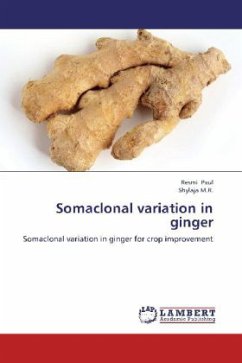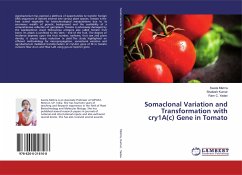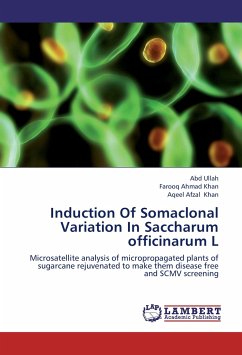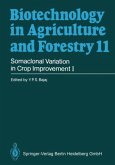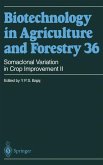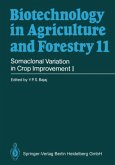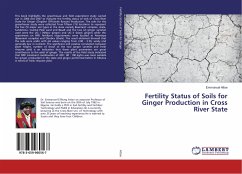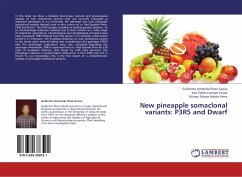Investigations on somaclonal variation in ginger were focused on induction of variability through in vitro techniques, evaluation of somaclones for morphological, yield and quality attributes, reaction to soft rot and bacterial wilt diseases and characterization of selected superior somaclones using RAPD markers. Protocols for indirect organogenesis, indirect embryogenesis and in vitro mutagenesis were developed in ginger. Field evaluation of already regenerated bud culture derived somaclones of two ginger cultivars viz. Maran and Rio-de-Janeiro were undertaken for three seasons from 2002 to 2004. Procedures for in vitro production of toxic metabolites of Pythium aphanidermatum and Ralstonia solanacearum and bioassay of the metabolites were standardized. Procedures for screening somaclones against soft rot and bacterial wilt diseases were developed. The somaclones evaluated exhibited superiority over conventionally propagated plants for yield, quality and tolerance to soft rot and bacterial wilt diseases. Assessment of genetic variability using RAPD markers, revealed the occurrence of genetic variation in ginger somaclones.
Bitte wählen Sie Ihr Anliegen aus.
Rechnungen
Retourenschein anfordern
Bestellstatus
Storno

